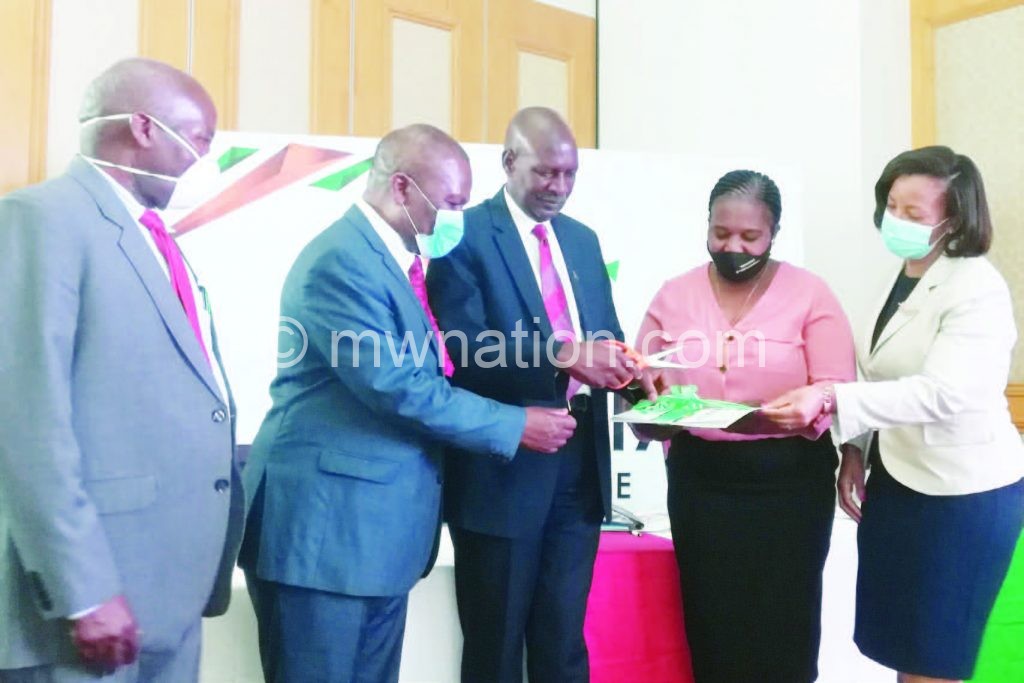Minister calls for homegrown agricultural research policies
Minister of Agriculture Lobin Lowe says Malawi needs to embrace homegrown policies for agriculture transformation, saying external research and policies have failed the country over the years.
He was speaking on Thursday in Lilongwe when he launched the Mwapata Institute, a local research, policy and development think-tank running in partnership with National Planning Commission (NPC) , Lilongwe University of Agriculture and Natural Resources (Luanar) and Michigan State University.

The institute engages the government, private sector and civil society stakeholders in applied policy analysis, policy outreach, capacity building and policy coordination.
Lowe said Malawians have capacity to conduct research and propose policies that can transform the agriculture sector and the country.
Said the minister: “All along, we have heavily depended on research from foreign institutions which may have been irrelevant to our prevailing agricultural environment.
“We are looking at Mwapata as our home-grown research institution to provide relevant solutions. As Mwapata is looking at agriculture transformation in the country, it is my ministry which will be a key beneficiary.”
Lowe explained that as government is geared to increase crop production through Affordable Inputs Programme (AIP), efforts are also being made to provide farmers access to reliable markets, including plans to provide capital to Agricultural Development and Marketing Corporation (Admarc).
On her part, Agriculture Transformation Initiative country director Candida Nakhumwa said time for agriculture transformation is now when key crops such as tobacco are challenged which is affecting the economy.
She said apart from diversifying crops, attention should also be paid to livestock production which has potential to contribute to significant economic growth and improve the well-being of farmers.
Said Nankhumwa: “We have had better technologies tried, tested and proven viable but farmers have been left frustrated due to the lack of viable markets when they produce. We need to solve the markets issue to maximise benefits from new technologies.”
Mwapata Institute advisory board chairperson Richard Mkandawire said Malawi’s future will be determined by Malawians.
He said: “Let’s not underestimate the need to develop local think-tanks such as Mwapata research institute. There has been a tendency of importing foreign policies to define our future. The future of Malawi will be defined by Malawians themselves.”
Mwapata Institute was established in 2019 with NPC operating as its research arm affiliate.





